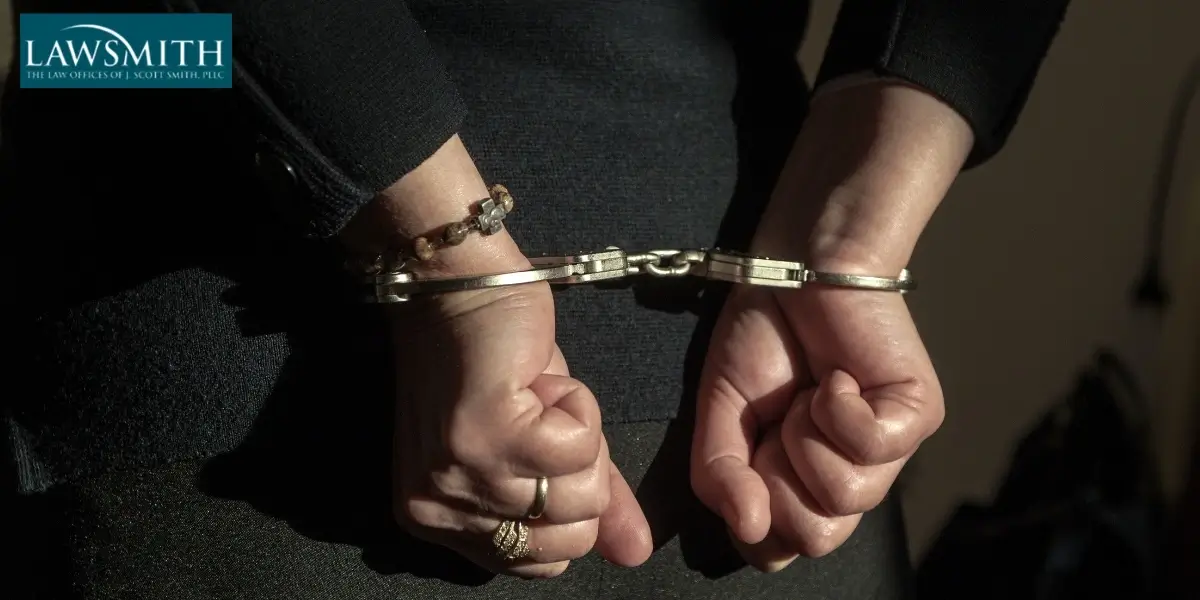Winston-Salem Assault and Battery Lawyer
Winston-Salem Assault and Battery Attorney
Assault and battery are serious crimes, and North Carolina criminal law uses the terms interchangeably and most frequently uses just the term assault to apply to both. This is not true in all cases because some crimes require both elements to be present. This crime can be charged as a misdemeanor or a felony, and convicted individuals can face life-altering consequences as a result. Following an arrest, it is always important to speak with an experienced Winston-Salem assault and battery lawyer and fight for your rights, future, and freedom.
At The Law Offices of J. Scott Smith, we stand ready to provide experienced, effective representation to our clients, no matter the charges they are facing. Our team of dedicated Winston-Salem criminal defense lawyers will seek a reduction or dismissal in the charges against you, or try to help you avoid lengthy sentencing.
If you have been arrested for a violent crime, call and schedule a consultation with our criminal defense team.

What Is Considered Assault Battery?
The state of North Carolina officially recognizes many kinds of misdemeanor assault and battery offenses:
- Affray – This is when a physical altercation takes place in a public setting and is likely to upset or frighten other individuals
- Simple assault – The attempt or commission of an assault upon another individual or acting in such a way to make the individual believe assault and battery will occur
- Assault with a deadly weapon –Causing, or intending to without causing, physical harm to another individual with a deadly weapon
- Assault by pointing a gun – pointing a gun at another person intentionally whether or not the gun is loaded
- Assault on a female – a male (18 years old or older) assaults a female
- Assault on a child under 12 – a person assaults a child under 12 years of age
- Assault in the presence of a minor – during an assault or affray, a person inflicts serious injury or uses a deadly weapon on another person with whom they have a personal relationship within the presence of a minor
- Battery on an unborn child – a person commits a battery on a pregnant woman
- Simple assault on a handicapped person – the commission of an assault and battery on a person known to be handicapped Assault on a government officer or employee – an assault on an officer or employee of the State when that officer or employee is actually discharging or attempting to discharge official duties
- Assault on a government officer or employee – an assault on an officer or employee of the State when that officer or employee is actually discharging or attempting to discharge official duties
- Assault on a company or campus police officer – an assault on a certified company or campus police officer while he or she is performing his or her duties
- Assault on school personnel – assault on a school employee or volunteer who is discharging or trying to discharge his or her duties
- Assault and battery on a sports official – an assault and battery against a sports official who is discharging or attempting to discharge his or her official duties during or immediately after a sports event
- Assault on a public transit operator – an assault on a public transit operator who is discharging or attempting to discharge his or her duties
- Ethnic intimidation – an assault of another person or damage or defacement of another person’s property or any threats to do the above based on the victim’s race, color, religion, nationality or country of origin
Assault charges can include:
- Assault inflicting serious injury
- Assault inflicting serious injury by strangulation
- Simple assault
- Assault with a deadly weapon
- Assault with intent to kill
- Assault and battery
Each type of assault is treated as a serious crime and prosecutors will attempt to deliver the most severe penalties possible for each case. Convicted individuals may receive significant time in jail; may be forced to pay fines and restitution; and could face restraining orders, complications with relationships and careers, and a life with a criminal conviction on their record. Upon conviction, a class 2 misdemeanor conviction can lead to a sentence of up to 30 days in jail with a fine of up to $1000.00. A class 1 misdemeanor conviction can lead to a sentence of up to 120 days in jail with the addition of a fine. A class A1 misdemeanor conviction is punishable by up to 150 days of jail time and a fine. Having an experienced Winston-Salem assault and battery lawyer can help since there are many useful legal defenses to be had if you are charged with assault and battery in North Carolina. Similarly, Winston-Salem weapons charges lawyers can help you with the legal assistance if in case you are facing weapons charges.
How Will A Good Criminal Lawyer Handle Your Case?
A good criminal lawyer in Winston-Salem can help a judge or jury understand your actions especially if you acted out of many of the legally protected actions, including necessity, self defense or defense of others. In many cases it’s also possible that you were misidentified or that you were the subject of a false accusation. Our experienced, assault and battery attorneys at The Law Offices of J. Scott Smith will work diligently on your case by reviewing all the details to mount an effective and bellicose defense in our search for justice.
Defense Against Assault & Battery Charges
The most effective way to defend yourself against a criminal conviction is to contact our assault and battery attorney as soon as possible. The laws governing assault and battery can be confusing and you should always have an attorney on your side.
Following an arrest, 336-992-3600 and schedule a consultation with The Law Offices of J. Scott Smith right away.

